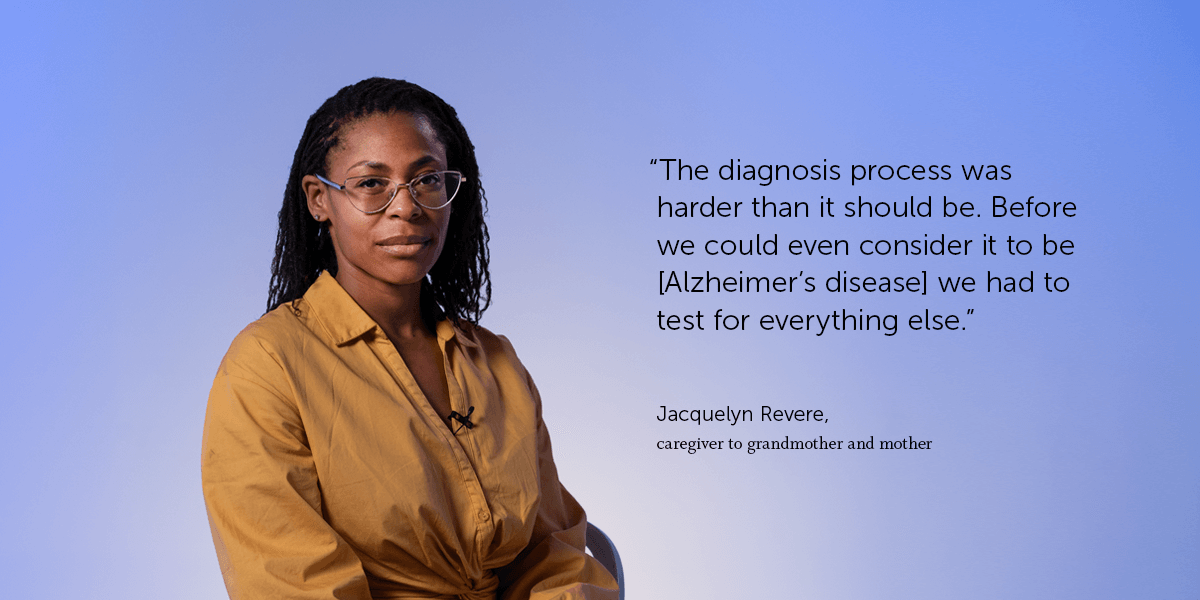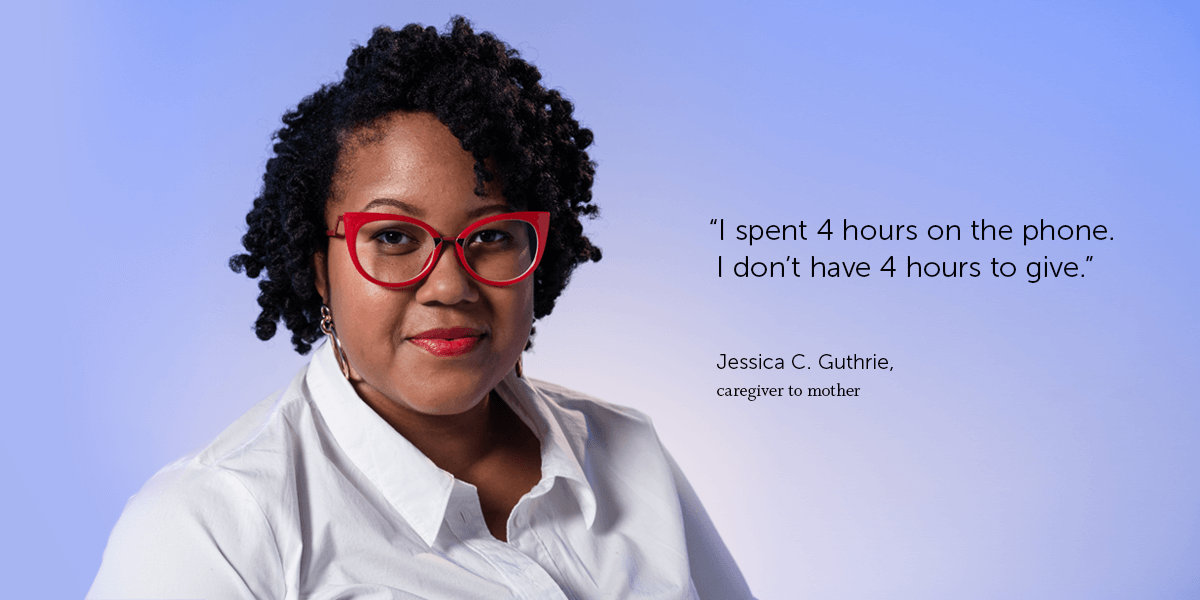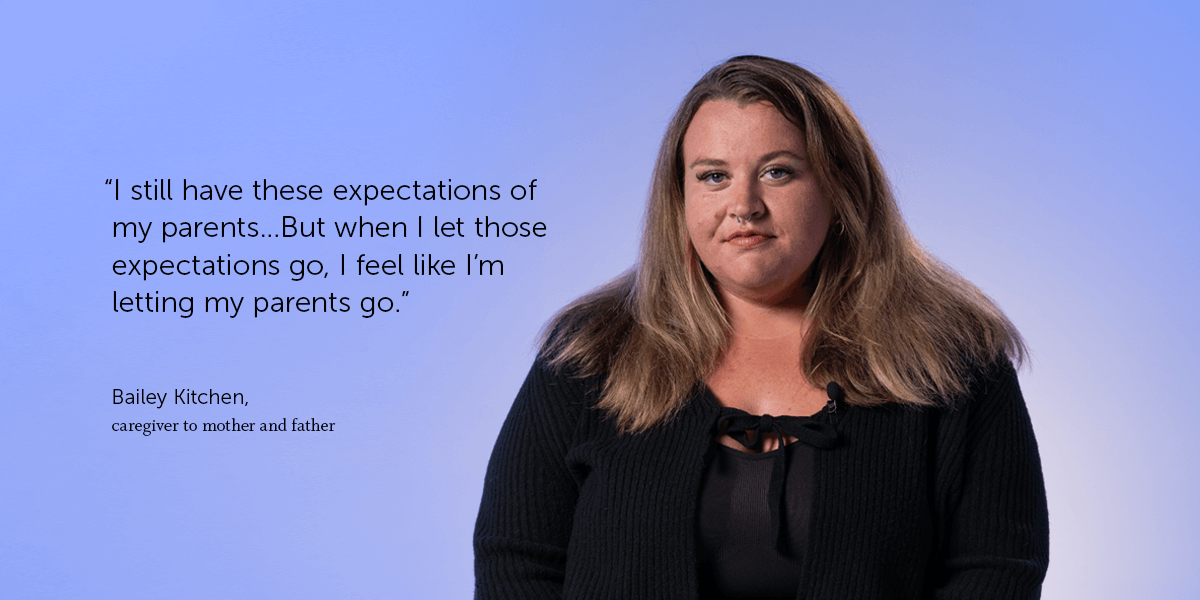Sponsored: The Unseen Struggles of Family Caregiving
By Otsuka
The most difficult jobs fully prepare employees for common challenges. You can’t become a pilot or a doctor without years of classroom and hands-on training for the tough decisions and situations that come with the job. However, caring for loved ones living with Alzheimer’s or other dementias may not come with established training. In fact, the daily spectrum of caregiving responsibilities can span 12 distinct jobs ranging from household chores to complex tasks such as nursing and financial counseling, revealing how diverse and challenging the role can be.
Every day, people are launched into life as a caregiver without any preparation for countless physical and mental stressors. More than 11 million Americans care for family members living with Alzheimer’s or other dementias, yet their struggles remain largely unseen. While struggles are part of every caregiving journey, there are actions every caregiver can take to help conquer them.
Note: The struggles mentioned in this article are meant to bring validation, not distress. If you need someone to talk to, call the Alzheimer’s Association 24/7 Helpline: (800) 272-3900.
A Disorienting Diagnosis
Becoming a caregiver might begin with what can be a difficult diagnosis process. The diagnoses of many diseases are often marked by a single moment in time with clear next steps; Alzheimer’s disease and dementia diagnoses, however, are more often marked by several moments along a journey. A caregiver may be told, “your loved one is showing signs of Alzheimer’s disease," or be given a more general diagnosis of dementia. This uncertainty can make it hard for caregivers to understand their role and plot a path forward.
What you should know: The more you can understand about Alzheimer’s disease, the better equipped you’ll be to make decisions for your loved one. Bring a list of questions to your loved one’s healthcare provider to help illuminate the diagnosis process. Don’t be afraid to take notes and ask for clarification.

Featured caregiver is a paid collaborator of Otsuka America Pharmaceutical, Inc.
A Broken System
Navigating the healthcare system for yourself can be tedious. Navigating it for someone else can be overwhelming. Caregivers can expect to spend hours on hold on the phone and be sent in circles by disconnected departments, wasting valuable time they don’t have. Findings from a recent compensation study conducted by Salary.com reveal caregivers of loved ones with Alzheimer's or other dementias would earn a six-figure salary—approximately $114,000 on average—if paid for the daily care they provide. Caregivers deserve coaching, or a list of concise, easy-to-understand steps to get their loved one the support they need; instead, they often find daunting amounts of paperwork and questions.
What you should know: Search for “[your state] office for the aging.” Contact the office nearest you and ask for support with any insurance or healthcare-related questions.

Featured caregiver is a paid collaborator of Otsuka America Pharmaceutical, Inc.
“When” and “How”
There are so many questions that caregivers may struggle with along the journey. For example: “When should I take away my loved one’s car keys?”, “When should I limit my loved one’s access to their bank account?”, “When is it too dangerous for my loved one to be alone?”, and perhaps most nerve-wracking of all, “How do I begin to do any of that?” Being a caregiver is a constant, compassionate balancing act of a loved one’s independence, dignity, and safety.
What you should know: To help answer difficult questions, learn from the experiences of others. Research culturally competent support groups in your area, groups that meet virtually, or forums on social media that can help you build a long-term care plan. The Alzheimer’s Association can be a great place to start.
Swirling Emotions
On top of the logistical confusion of caregiving comes a unique strain of emotional confusion. Tied up in a caregiver’s profound love can be a host of complicated emotions, including frustration, anger, resentment, and grief. These are natural human emotions, but if caregivers aren’t encouraged to feel their feelings and recognize their validity, it can transform into a sea of shame for having the emotions in the first place. Bottling up this flood of feelings could have dangerous mental health consequences.
What you should know: Don’t wait until you reach a breaking point; nurture your mind by seeking culturally competent mental health support. If possible, ask for help from family and friends to offload some of your caregiving responsibilities. Self-care is crucial, and finding time to recharge can help you process the emotions that come with caregiving.

Featured caregiver is a paid collaborator of Otsuka America Pharmaceutical, Inc.
Every day, brave caregivers are battling unseen struggles. But this shouldn’t be the norm. It’s time to bring the hardships of caregivers out of the shadows—it’s the first step to making resources and support more widely accessible. Through a new compensation calculator, caregivers of loved ones with Alzheimer's or other dementias can put a number to what they would earn, if compensated for the time dedicated to their loved one, giving a clearer picture of their financial impact. In two easy steps, individuals can add the typical hours they spend on common caregiving tasks and add their location to get an estimated salary if they were to be paid. Once calculated, a shareable link showing the caregiver’s estimated salary is provided. To access the calculator, visit Salary.com/CaregiverCalculator.
At Otsuka, we’re working to lead an industry-wide shift in the ways caregivers are valued and supported. We are dedicated to caring for caregivers—standing with them, the way they stand with their loved ones—and offering the tools they need for the health of others and themselves. Discover our caregiver commitment.
Featured caregivers:
Jacquelyn Revere, @momofmymom
Bailey Kitchen, @baileyrosek
Jessica C. Guthrie, @careercaregivingcollide
September 2024 01US24EUC0476